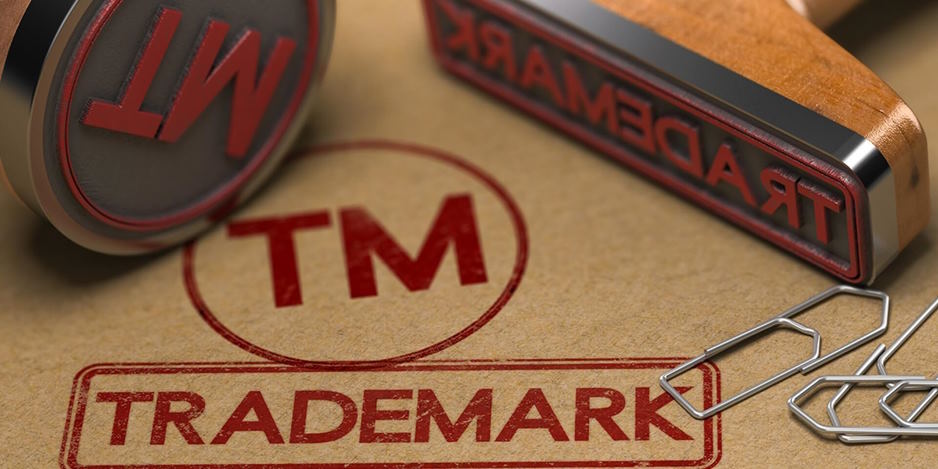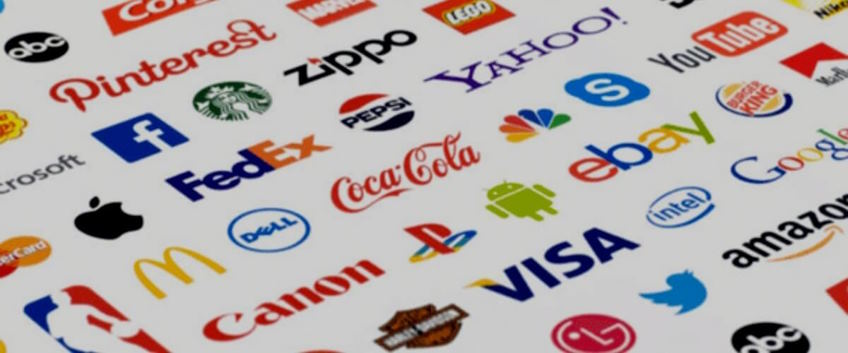Trademark Use: Conditions And Liability
When your business owns a trademark, it’s important to know when and how you can use the mark–not just for your protection but also for the protection of consumers. In addition, it is essential to understand, agree upon and abide by legal conditions outlining trademark usage to avoid costly mistakes or potential liability. To help companies navigate these rules and regulations regarding trademarks, this blog post will dive into the proper usage of marks and their associated liabilities.
What is a trademark?
A trademark is a registered designation used to individualize goods and services. The owner can use it legally with the goods and services for which he is registered.
Entrepreneurs are only eligible for counterfeit protection in the country where the certificate was obtained. The right holder has the opportunity to control its use in civil circulation, namely:
- on the label or packaging material;
- when servicing and providing services;
- in documents related to the sale of products;
- in promotions/special offers, announcements, and advertising;
- in e-commerce.
At the same time, the owner cannot control the following:
- references that are not related to advertising;
- use for personal purposes;
- other areas not related to implementation.
Conditions of Use
The conditions for proper use of a trademark depending on the laws of the country where the trademark is registered. In general, though, certain guidelines should be followed:
- the mark must be used in connection with goods or services associated with it and can not be used to promote anything else.
- the mark must be used consistently and recognizably.
- the owner must approve any modifications to the mark before use.
- use of the mark should not suggest any endorsement, sponsorship, or affiliation between the owner and any third party unless such an agreement exists.
- the mark should not be used in a manner that may be deemed offensive, obscene, or inappropriate.
- the mark should never imply any false information or claims about the goods or services associated with it.
Trademark Liability
If a trademark is used contravening its registered conditions, the owner may face civil and criminal liability for infringement. Trademark infringement is a serious offense and can result in heavy fines, injunctions, and criminal proceedings. In some cases, the infringer may even be liable for damages suffered by the owner due to trademark misuse.
Taking proactive steps to protect your trademark from potential misuse or infringement is important. Make sure you know the applicable laws and regulations in your jurisdiction, and take steps to ensure that your trademark is used properly in all applications. Additionally, it may be beneficial to seek advice from an intellectual property attorney who can guide trademark protection and enforcement.



